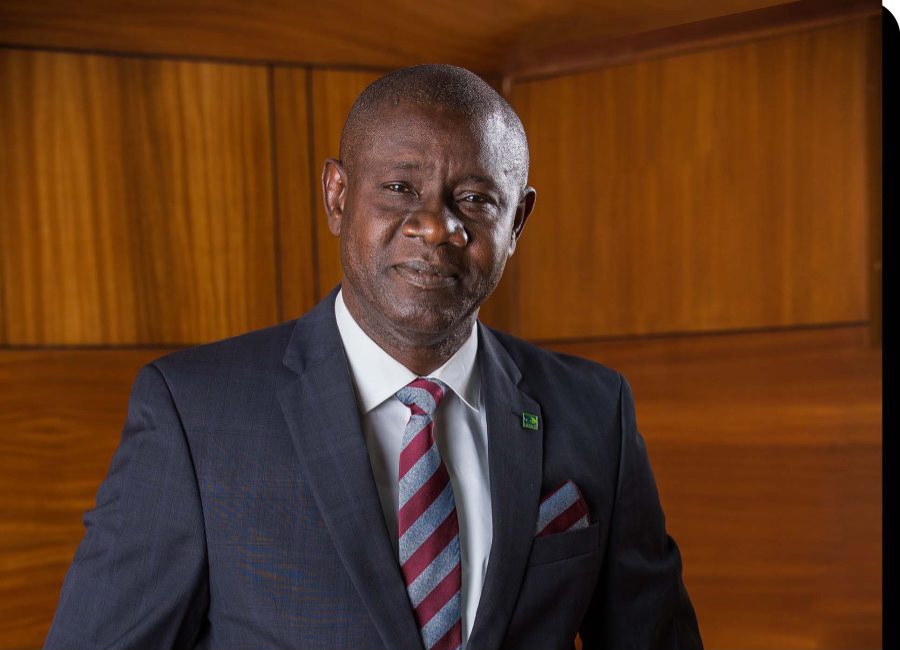
…says drug supply better managed, seeks improved pharmacy training
The incoming Managing Director of Fidson Healthcare Plc, Mr. Biola Adebayo, has said the ongoing revitalisation of Primary Healthcare Centres (PHCs) across the country is easing the burden on general and teaching hospitals while improving access to affordable medicines.
Speaking in an interview, Adebayo commended the federal government’s increased funding for PHCs and praised state governments—especially in the North—for rising to the task of strengthening healthcare delivery.
“Many people think healthcare is solely the federal government’s job, but it’s actually a shared responsibility. It’s encouraging to see 14 northern states now running functional Drug Management Agencies (DMAs), buying directly from manufacturers. This ensures better quality, lower prices, and reliable medicine supply,” he said.
Adebayo noted that this shift has pushed local pharmaceutical production to nearly 50 per cent of Nigeria’s medicine supply, up from 30 per cent a few years ago. “Treating conditions like malaria at the PHC level cuts pressure on bigger hospitals and boosts national productivity,” he added.
He pointed to Lagos as a model for PHC optimisation and said states like Osun have revived abandoned centres, creating visible healthcare progress. He also acknowledged former Health Minister Prof. Isaac Adewole for pioneering a PHC model later improved upon by state-led recruitment of medical staff.
He stressed that direct supply agreements between governments, manufacturers, and DMAs are enhancing drug availability and safeguarding drug-revolving funds from misuse.
According to Adebayo, World Bank-backed Universal Health Coverage (UHC) programmes are further driving progress through counterpart funding for states that meet set criteria—such as stocking essential medicines.
“This administration inherited a lot of gaps in the health sector, but real progress is being made. People can now see improvements in healthcare, roads, and schools,” he said.
Adebayo also raised concerns over the quality of pharmacy education in Nigeria, blaming a decline in practical training.
“Many students today only watch lecturers demonstrate. They don’t handle the equipment themselves. So, when they graduate, we have to start training them all over again,” he said.
He said the situation cuts across disciplines. “Even engineers often come out without knowing how to use basic tools like spanners. In our company, we invest heavily in retraining to close these gaps.”
He revealed that Fidson’s internal capacity now allows just two experts to handle equipment that used to require nine. “With the right systems, we’ve turned many of our recruits into experts,” he said.
Adebayo urged government and private sector players to invest in technical education, proper equipment, and lecturer training.
“It’s not enough to build classrooms. Without tools and mentorship, we’ll keep producing half-baked graduates,” he said.
He expressed hope that continued investment and collaboration would make Nigeria’s healthcare system more self-reliant and a strong driver of job creation.